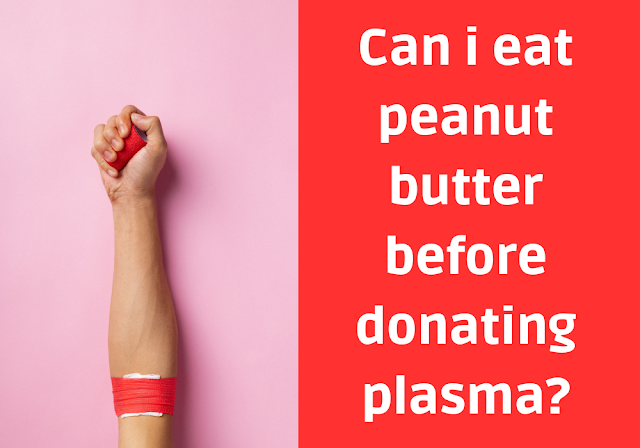Guide: Can You Donate Plasma If You Vape?
If you are a vaper and you want to donate plasma, you may wonder if vaping affects your eligibility or safety as a donor. The answer is not straightforward, as different plasma donation centers may have different policies and guidelines regarding vaping. However, here are some general facts and tips that can help you understand the process and prepare for your donation.
What Is Plasma and Why Is It Important?
Plasma is the liquid part of your blood that carries blood cells, proteins, hormones, nutrients, and other substances throughout your body. Plasma also helps regulate your blood pressure, pH, and body temperature. Plasma is vital for many medical treatments, such as:
- Replacing lost blood volume and clotting factors in trauma victims
- Providing immune globulins to people with immune deficiencies or autoimmune diseases
- Providing albumin to people with liver disease or severe burns
- Providing coagulation factors to people with hemophilia or other bleeding disorders
Plasma donation is a process that involves separating plasma from other blood components using a machine called a plasmapheresis device. The plasma is collected in a sterile bag, while the rest of your blood is returned to your body. Plasma donation takes about an hour and a half, and you can donate plasma up to twice a week.
How Does Vaping Affect Plasma Donation?
Vaping is the act of inhaling aerosolized liquid (e-liquid) that contains nicotine, flavorings, and other chemicals from an electronic device (e-cigarette). Vaping can affect your plasma donation in several ways, depending on how much and how often you vape, what kind of e-liquid you use, and when you vape before or after your donation.
Some of the possible effects of vaping on plasma donation are:
- Vaping can increase your blood pressure and heart rate, which may disqualify you from donating if they are too high or too low.
- Vaping can dehydrate you, which may make it harder to draw blood or cause you to feel dizzy or faint during or after your donation.
- Vaping can alter the levels of nicotine, cotinine, carbon monoxide, and other substances in your blood, which may affect the quality or safety of your plasma for certain recipients.
- Vaping can increase the risk of infection or inflammation in your mouth, throat, lungs, or blood vessels, which may cause complications during or after your donation.
What Are the Guidelines for Vaping and Plasma Donation?
There are no universal guidelines for vaping and plasma donation, as different centers may have different requirements or recommendations. However, some common guidelines that you may encounter are:
- You should not vape for at least two hours before your donation appointment, as vaping can raise your blood pressure and heart rate.
- You should not vape for at least two hours after your donation session, as vaping can worsen the symptoms of dehydration or low blood pressure that may occur after donating.
- You should inform the staff at the plasma center if you vape regularly or occasionally, as they may need to test your blood for nicotine or other substances before accepting your donation.
- You should follow the general advice for plasma donors, such as drinking plenty of fluids, eating a healthy meal, avoiding alcohol and caffeine, resting well, and wearing comfortable clothing.
Conclusion
Vaping does not automatically prevent you from donating plasma, but it can affect your eligibility or safety as a donor. Therefore, it is important to follow the guidelines of your plasma center and consult with the staff if you have any questions or concerns about vaping and plasma donation. By doing so, you can ensure a smooth and successful donation experience and help save lives with your plasma.



.png)


